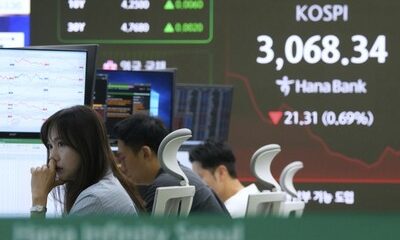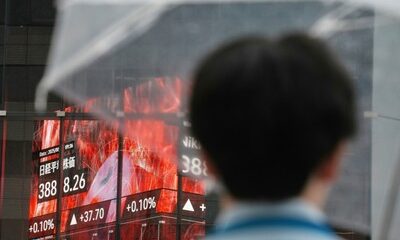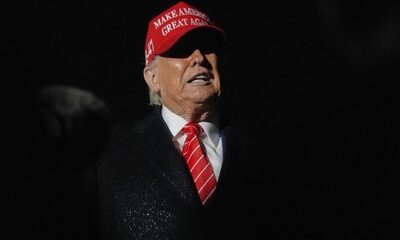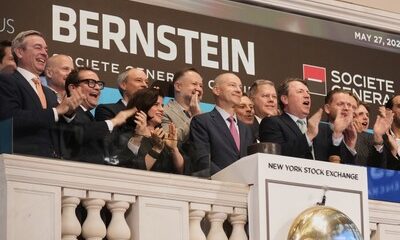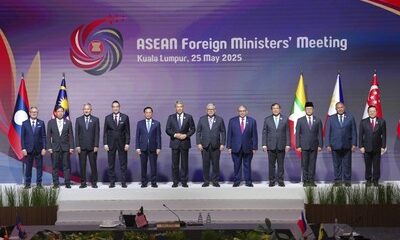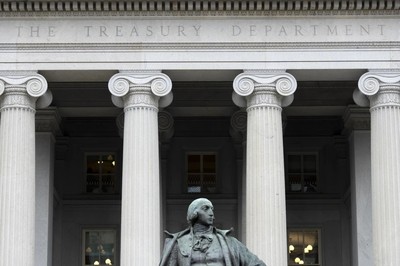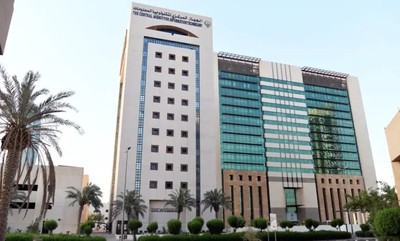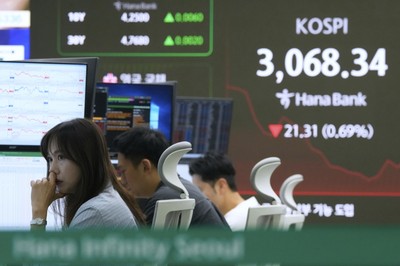Business
US ‘reciprocal’ tariffs against dozens of nations draw dismay
-
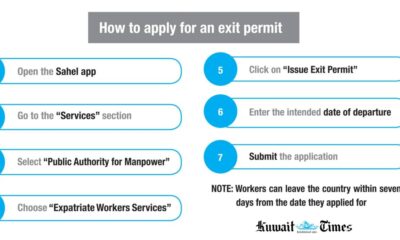
 Latest News23 hours ago
Latest News23 hours agoExit permit now mandatory for expat workers
-

 Latest News17 hours ago
Latest News17 hours agoFootball academies shaping future stars, instilling core values
-

 Latest News15 hours ago
Latest News15 hours agoZain celebrates Kuwait’s promising talents at annual top students honoring ceremony
-

 Latest News18 hours ago
Latest News18 hours agoAFESD, AIIB sign deal to boost sustainable infrastructure projects
-

 Latest News21 hours ago
Latest News21 hours agoIran Embassy opens condolence book to honor victims of Zionist aggression
-
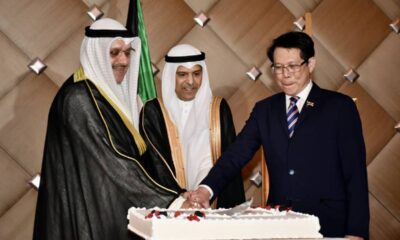
 Latest News19 hours ago
Latest News19 hours agoKuwait aims to turn ACD forum into international organization
-

 Politics15 hours ago
Politics15 hours agoTimely Action Prevents Casualties in Al-Wafra Warehouse Fire
-

 Politics16 hours ago
Politics16 hours agoKuwaiti Convicted Of Using a Fake High School Diploma To Secure Govt Job



